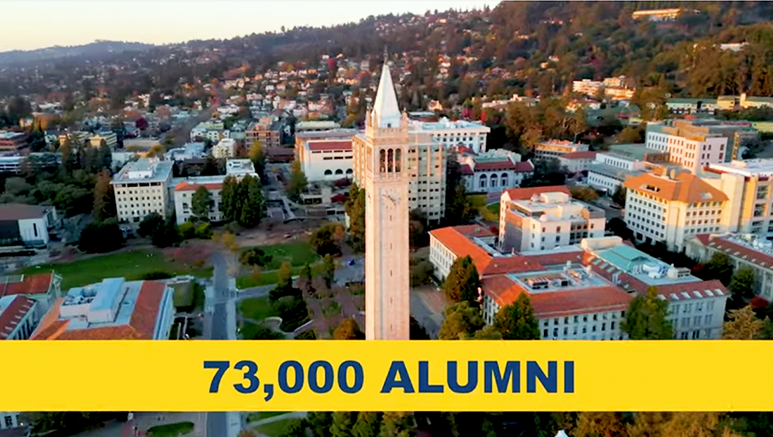Employment Landscape
The demand for engineers in the U.S. continues to be robust, with those who have completed a master’s degree program earning an average of 20% more than their counterparts with only a bachelor’s degree. This trend is evident in the rising number of engineering graduates, the higher earning potential for master’s degree holders, and the projected growth of engineering jobs according to the U.S. Bureau of Labor Statistics. The prospects for placement of MAS-E graduates are particularly promising, extending beyond their current employment.
The MAS-E program equips students for diverse opportunities spanning mechanical, electrical, industrial, and materials science fields, among others. Graduates can pursue roles in a wide array of industries, including advanced manufacturing, integrated circuits, data science, fire engineering, water management, energy systems, solar and photovoltaic development, autonomous transportation and neurology, just to name a few.
Students who successfully complete the program’s courses in engineering leadership, digital transformation, and technology strategy strengthen their qualifications for senior technical and management roles. The cross-disciplinary curriculum of MAS-E fosters the development of versatile skills applicable to various career paths, contingent on the chosen courses. By completing the MAS-E degree program, students position themselves for a wide array of possibilities, setting the stage for successful and fulfilling career trajectories.


